The Division has been at the forefront of GI research for over 25 years due to the close collaboration between clinicians and basic scientists. This has culminated in the creation of the Farncombe Family Digestive Health Research Institute thanks to a generous gift of $15 million from the Farncombe family. Dr. John Wallace was appointed as the inaugural Director of the Farncombe Family Digestive Health Research Institute and many of the GI Division faculty are also members of the Institute. The close proximity between clinicians and scientists with diverse disciplines such as immunology, physiology and microbiology has provided an environment for truly innovative bench-to-bedside research.
The Institute has the only Gnotobiotic Facility in Canada. This is a 3,000-square-foot sterile laboratory that raises germ-free mice to facilitate the study of host-microbial interactions. This facility was made possible by another generous donation of $3.5 million from the Farncombe family. The facility was opened in 2004 and became fully operational within a year under the Directorship of Dr. Andrew Macpherson. The Institute also houses the Upper Gastrointestinal and Pancreatic Diseases Cochrane Review Group, which is undergoing a phased move from the University of Leeds to McMaster due to be completed in 2010. Dr. Paul Moayyedi is a joint Coordinating Editor of this Review Group that handles high-quality systematic reviews pertaining to the upper GI tract published in the Cochrane Library.
Many of the Faculty of the GI division are internationally renowned researchers and have published groundbreaking data in a wide range of subjects. Seminal work includes the hypothesis that chronic inflammation can lead to modulation of gut function that in turn can result in a variety of functional GI diseases, that the time pH >4 has the greatest influence on the ability for drugs to heal peptic ulcer disease and esophagitis as well as the development of the LA grading system for esophagitis. GI faculty have published approximately 400 peer-reviewed papers and obtained over $78 million in funding from industry and grant agencies in the last five years. Research published by GI faculty has received over 24,000 citations with 47 papers each receiving over 100 citations.
Information Box Group
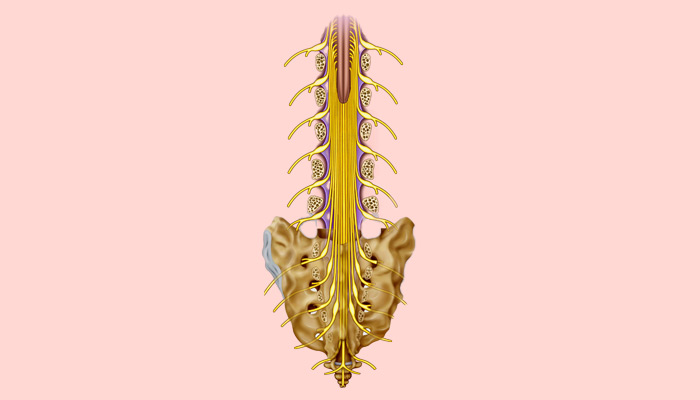
Low-level laser therapy for chronic refractory constipation
Gastroenterology Research
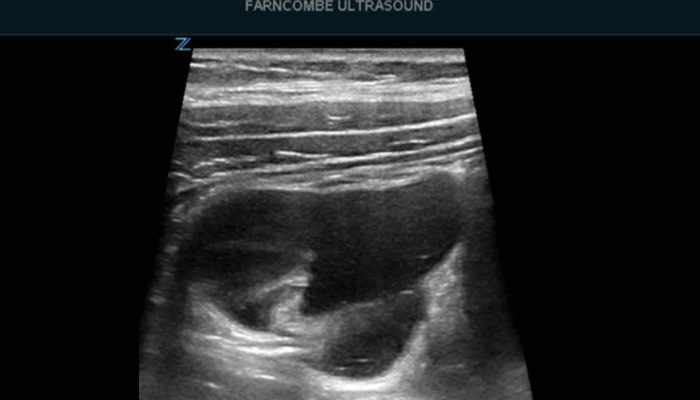
Investigating colonic dysmotility via ultrasound
Gastroenterology Research
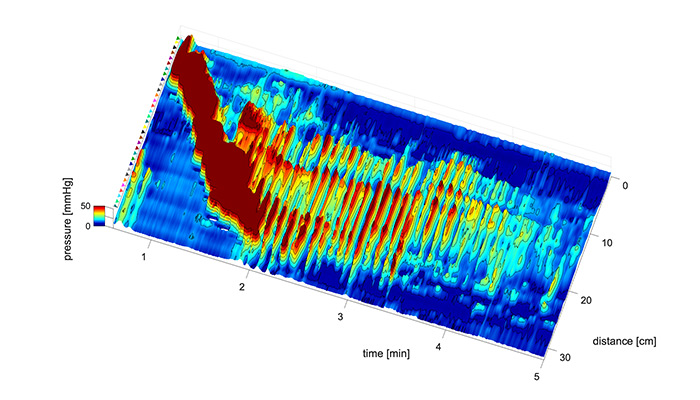
Low-level laser therapy for chronic refractory fecal incontinence
Gastroenterology Research

McMaster scientists pinpoint key trigger of Crohn’s disease
Gastroenterology Research

Clinical Trial to Investigate Novel Therapy for Celiac Disease in Patients on a Gluten-Free Diet
Gastroenterology Research

Dr. Paul Moayyedi Appointed Editor-in-Chief of Gastroenterology
Gastroenterology Research
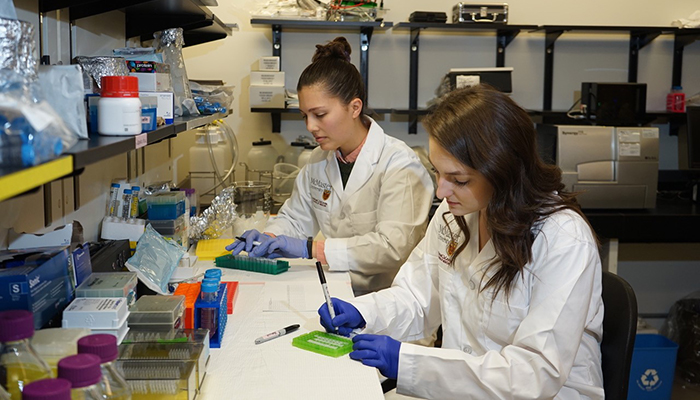
Bacteria do not colonize the gut before birth, says collaborative study
Gastroenterology Research
Exercise psychology study examining the gut-brain axis
Gastroenterology Research
Mechanisms Underlying the Development of Barrett’s Esophagus in Patients with Gluten Related Disorders
Gastroenterology Research
The Role of Gut Microbiota in Chronic GI Diseases: Pilot Study
Gastroenterology Research
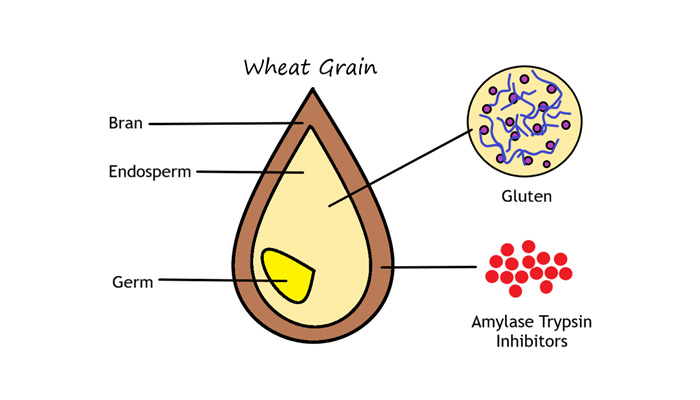
Diet in IBS Research Study
Gastroenterology Research

Biomarkers of Diet-microbiota Interactions in Irritable Bowel Syndrome
Gastroenterology Research

Premysl Bercik Receives the 2021 CAG Research Excellence Award
Gastroenterology Research
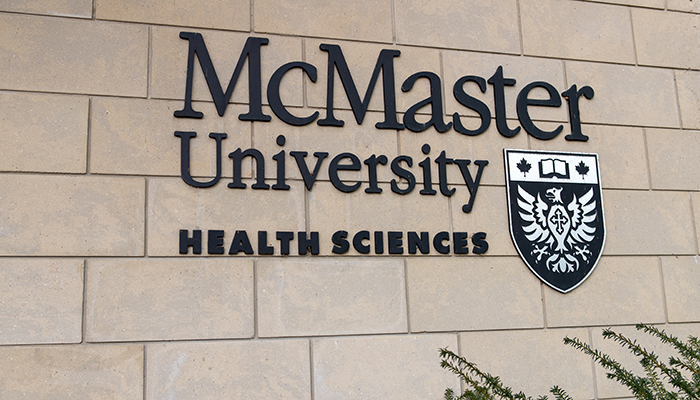
World’s most cited researchers includes 16 from Faculty of Health Sciences
Hematology & Thromboembolism Research

2020 Outstanding Researcher in Inflammatory Bowel Disease
Hematology & Thromboembolism Research

Crohn’s and Colitis Canada 2019 Rising Star Award
Gastroenterology Research

Yes, inflammatory bowel disease and celiac disease are linked
Gastroenterology Research

Stephen Collins Receives the 2020 CAG Distinguished Service Award
Gastroenterology Research


